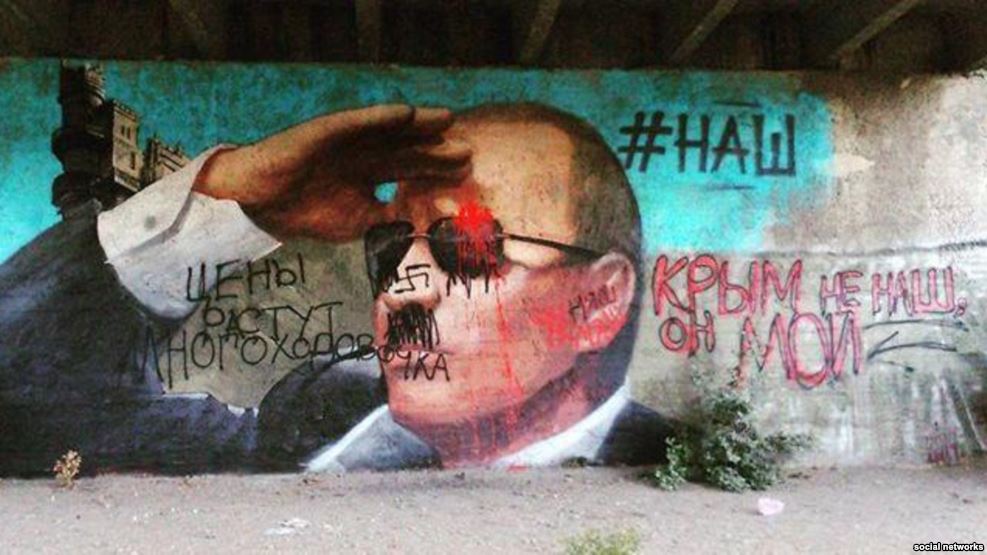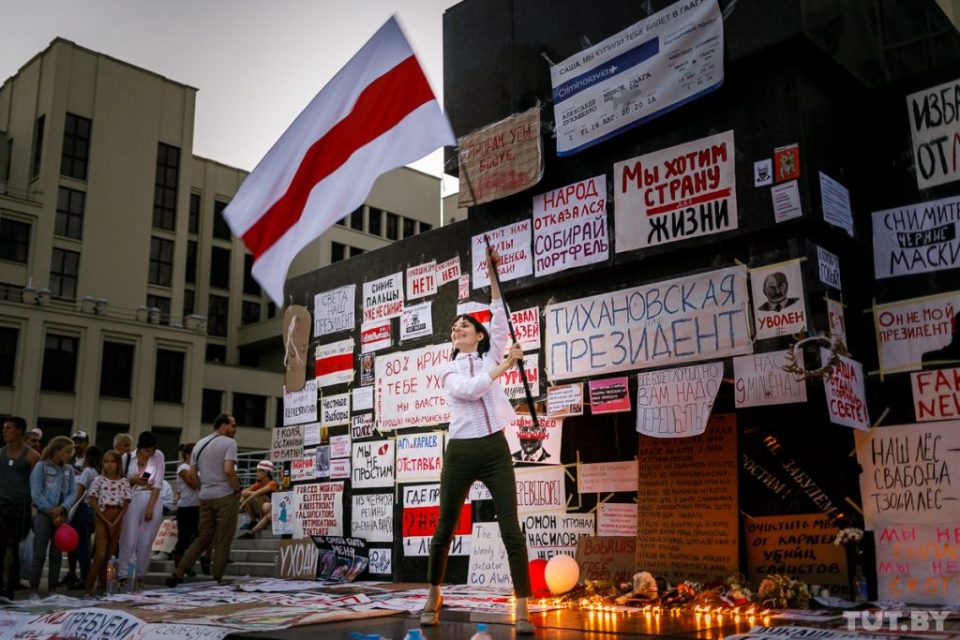Ukraine: An ‘artificial nation’? A recent German debate
Contents

In her open letter, Wendland accuses Baberowski of claiming that the character of the Ukrainian nation is a (social) construct, that this nation is an ‘invention of the West,’ and that it therefore does not exist. For these reasons, the state into which this nation organized itself since 1991 could justifiably be dismantled piece by piece and incorporated into the territory of the ‘likewise constructed Russian imperial nation’.[51] Backed by her personal research experience in Ukraine, Wendland also criticizes Baberowski’s misjudgment of the personal attitudes of Russian-speaking Ukrainians towards the Ukrainian state. ‘A new historical phenomenon’ can presently be observed in Ukraine which is occurring in real time. This is ‘the genesis of a political, multilingual Ukrainian nation’, a process occurring ‘under external pressure’. In the current ‘revolutionary discussion’, which is conducted at least fifty percent in Russian, ‘it is not the concept of a nation in the 19th century sense that plays a role’ (as Baberowski argues), but rather ‘the expression of the will of a new generation of Ukrainians – Ukrainian- as well as Russian-speaking – and the will to create a pluralistic and democratic society’. It is ‘wonderful that in Ukraine right now a political nation is arising.’[52] Nations ‘need enemies’ in order to become ‘what nationalists have invented’. Ukraine is being presented as a ‘nation of victims, suppressed for centuries’, according to Baberowski. ‘Historians refute myths. They are the worst enemies of nationalists.’[53] After this statement, the renowned narrator of Stalin’s Rule of Violence[54] raises a rhetorical question before answering it implicitly in the affirmative: ‘Was the post-Stalinist Soviet Union really a ‘prison of nations’? Was it not a successful model of management of inter-ethnic conflicts?’[55] As the independence movements within the Soviet Union republics at the end of the 1980s (Baltic states, South Caucasus, Ukraine) and in some of the ‘autonomous republics’ of the Russian Federation (North Caucasus) prove, the post-Stalinist Soviet Union was indeed a ‘prison of nations’. Ukraine is the child of Soviet ‘nationalities policies’, Baberowski states. Meanwhile, Jens Jessens deems the origins of Ukraine ‘artificial’. He considers Ukraine’s existence as an independent state the product of ‘a misunderstanding within the former Soviet nationalities policy’. As a matter of fact, Soviet nationalities policy played a prominent role ‘in view of the extremely heterogeneous national composition of the Soviet Union [...] as well as of the immense development gaps between regions,’ as Gunnar Wälzholz confirms.[56] The often contradictory Soviet nationalities policy had two long-term, interlinked aims, Wälzholz points out. On the one hand, the aim was to prevent the disintegration of the formerly Tsarist empire through concessions to the nationalities as well as suppression of separatist tendencies. On the other hand, the societal modernization of the culturally diverse nationalities of the empire was seen as a precondition for the merging of the different cultures. The end goal was the cultural integration of the various nationalities into a ‘Soviet Nation’ (Russ.: Sovetskaia natsiia). The Bolsheviks interpreted nationalism as a manifestation of the class struggle within nations. Through the victory of socialism, classes were supposed to disappear and the peoples of the Soviet Union would merge with one another.[57] The conflictive principles of the promotion of nationalities[58] (korenizatsiia) on the one hand, and their assimilation on the other, were applied depending on political requirements – from cultural promotion (language, history[59]), deportation of whole nations (Crimean Tatars, Chechens) to the liquidation of national elites on charges of ‘bourgeois nationalism’ (Ukraine). Ukraine is not one of those ‘artificial nations’ created by the Soviet nationalities policies of the 1920s. But Ukraine may – arguably – be defined as a nation ‘in the making’. It is a community in the process of being born. This process of ‘nation building’ has been accelerated via the Maidan movement and as a result of Russian aggression.It is not the concept of a nation in the 19th century sense that plays a role, but the expression of the will of a new generation of Ukrainians to create a pluralistic and democratic society





